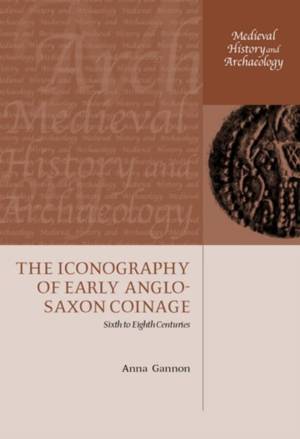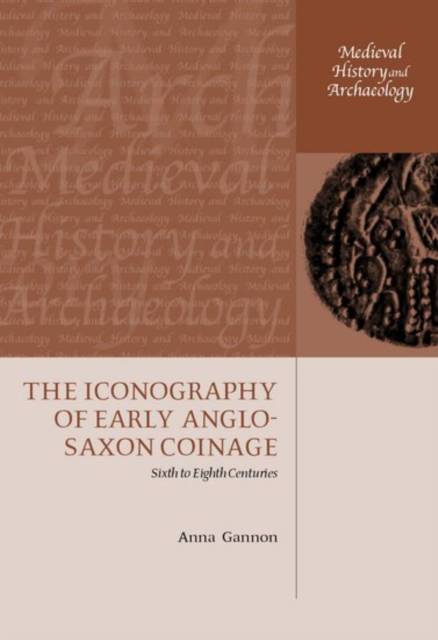
- Retrait gratuit dans votre magasin Club
- 7.000.000 titres dans notre catalogue
- Payer en toute sécurité
- Toujours un magasin près de chez vous
- Retrait gratuit dans votre magasin Club
- 7.000.0000 titres dans notre catalogue
- Payer en toute sécurité
- Toujours un magasin près de chez vous
331,45 €
+ 662 points
Description
This is the first scholarly art-historical appraisal of Anglo-Saxon coinage, from its inception in the late sixth century to Offa's second reform of the penny c.792. Outside numismatic circles, this material has largely been ignored because of its complexity, yet artistically this is the most vibrant period of English coinage, with die-cutters showing flair and innovation and employing hundreds of different designs in their work. By analysing the iconography of the early coinage, this book intends to introduce its rich legacy to a wide audience. Anna Gannon divides the designs of the coins into four main categories: busts (including attributes and drapery), human figures, animals and geometrical patterns, presenting prototypes, sources of the repertoire and parallels with contemporary visual arts for each motif. The comparisons demonstrate the central role of coins in the eclectic visual culture of the time, with the advantages of official sanctioning and wide circulation to support and diffuse new ideas and images. The sources of the motifs clarify the relationship between the many designs of the complex Secondary phase (c.710-50). Contemporary literature and theological writings often offer the key to the interpretation of motifs, hinting at a universal preoccupation with religious themes. The richness of designs and display of learning point to a sophisticated patronage with access to exotic prototypes, excellent craftsmanship and wealth; it is likely that minsters, as rich, learned, and well-organized institutions, were
behind some of the coinage. After the economic crises of the mid-eighth century this flamboyant iconography was swept away: with the notable exeption of the coins of Offa, still displaying exciting designs of high quality and inventiveness, reformed issues bore royal names and titles, and strove towards uniformity.
behind some of the coinage. After the economic crises of the mid-eighth century this flamboyant iconography was swept away: with the notable exeption of the coins of Offa, still displaying exciting designs of high quality and inventiveness, reformed issues bore royal names and titles, and strove towards uniformity.
Spécifications
Parties prenantes
- Auteur(s) :
- Editeur:
Contenu
- Nombre de pages :
- 240
- Langue:
- Anglais
- Collection :
Caractéristiques
- EAN:
- 9780199254651
- Date de parution :
- 03-07-03
- Format:
- Livre relié
- Format numérique:
- Genaaid
- Dimensions :
- 249 mm x 165 mm
- Poids :
- 652 g

Les avis
Nous publions uniquement les avis qui respectent les conditions requises. Consultez nos conditions pour les avis.






